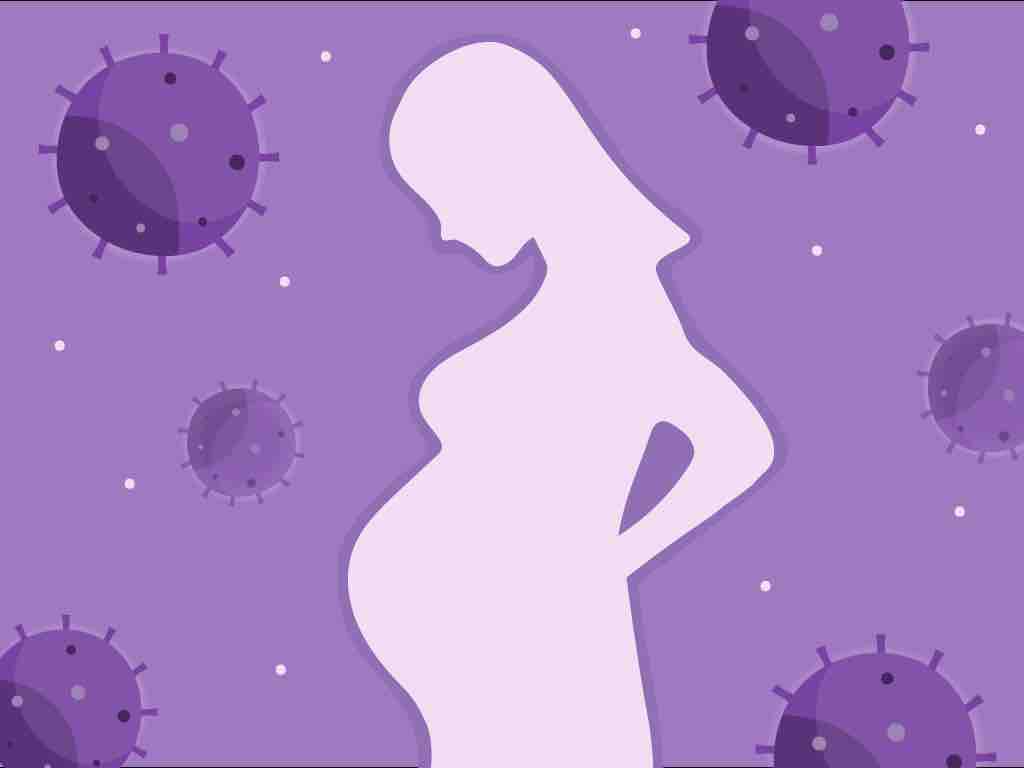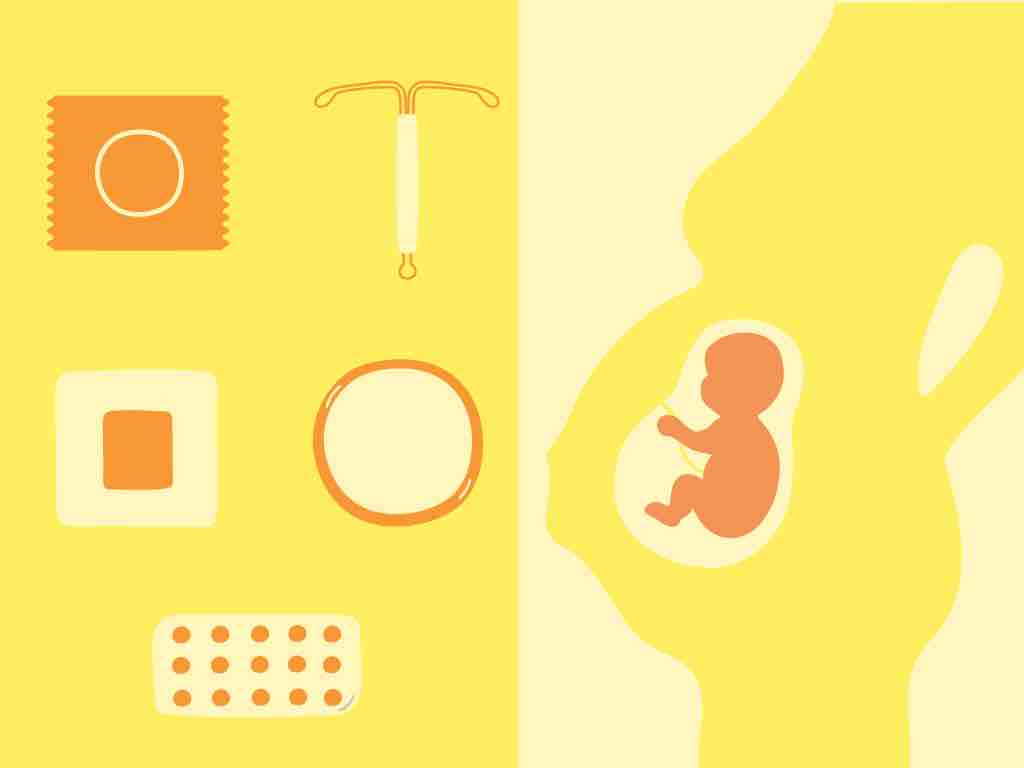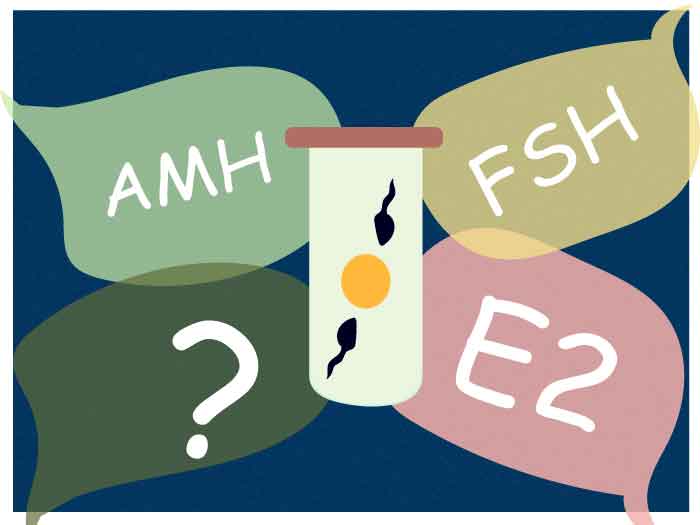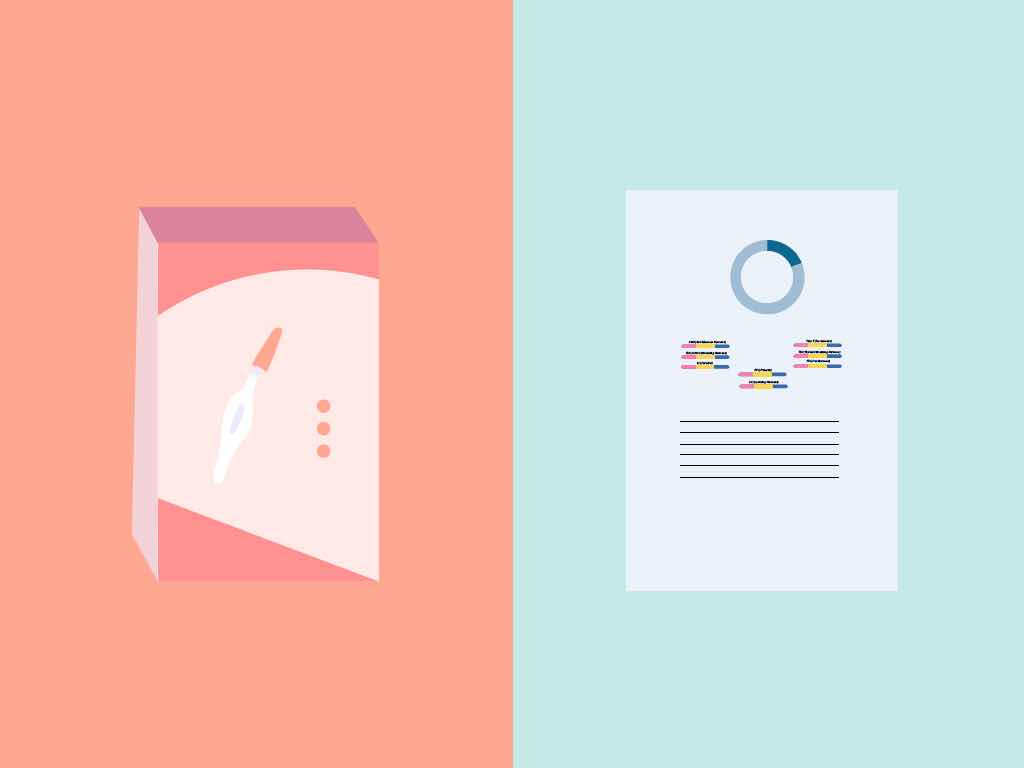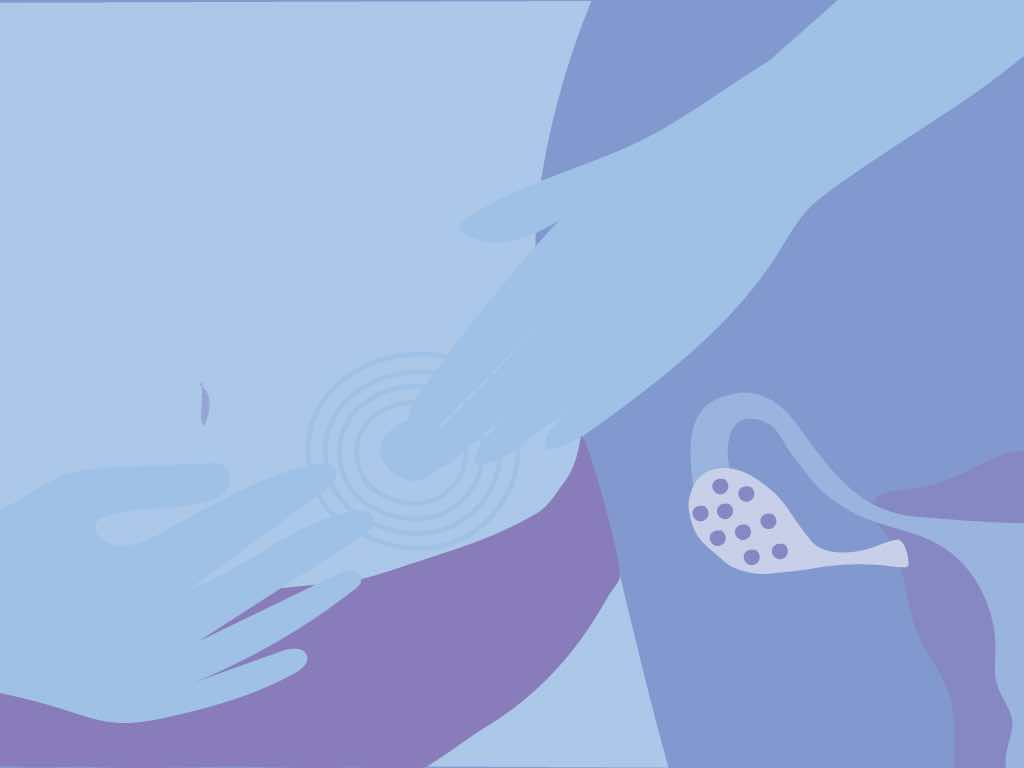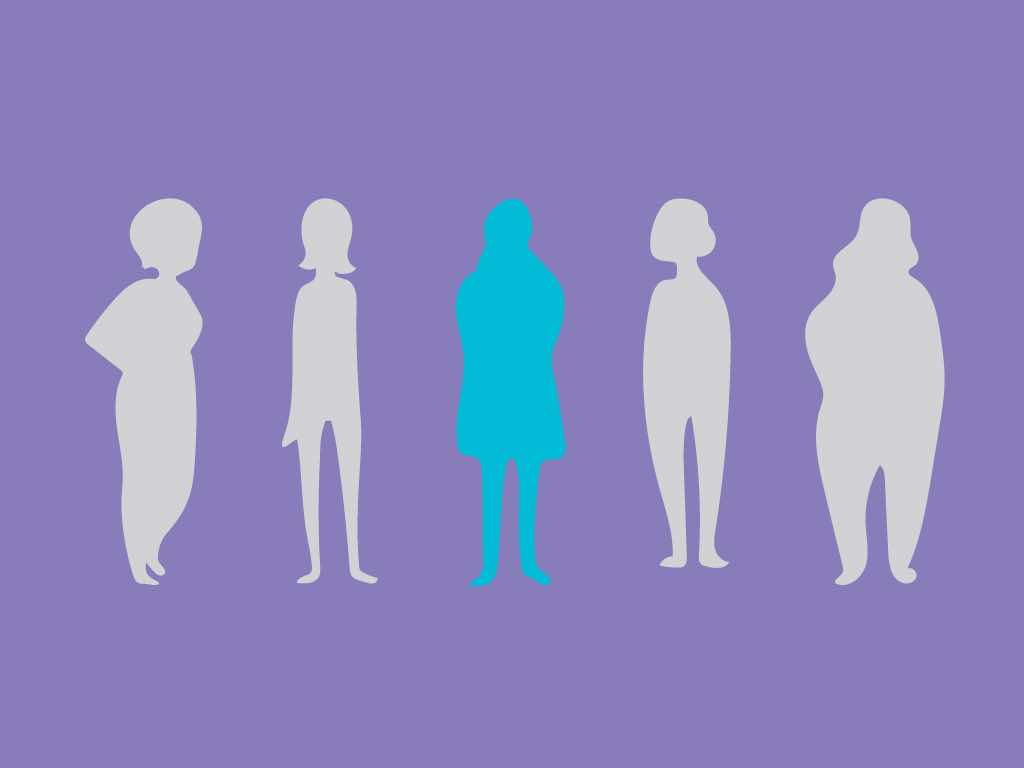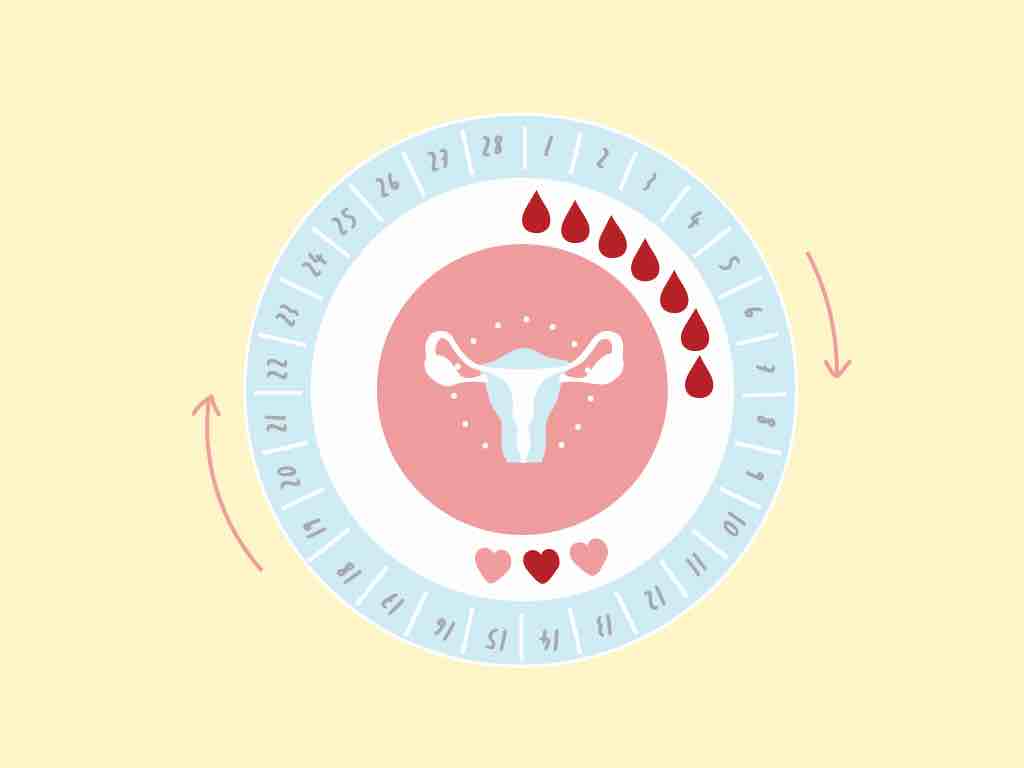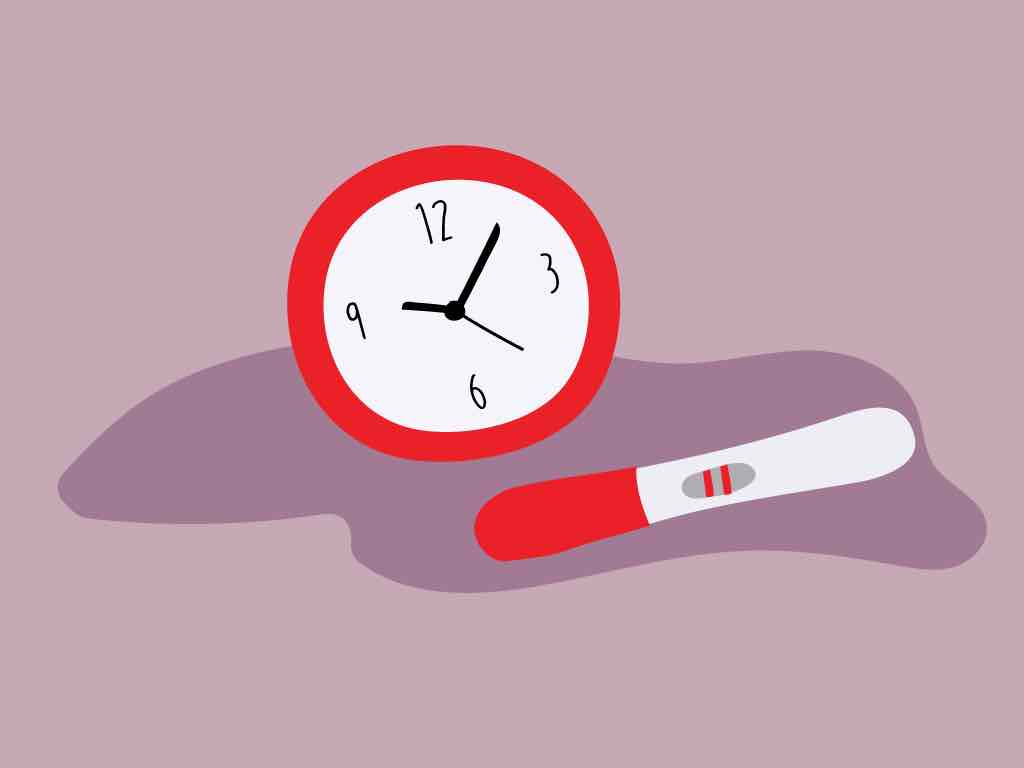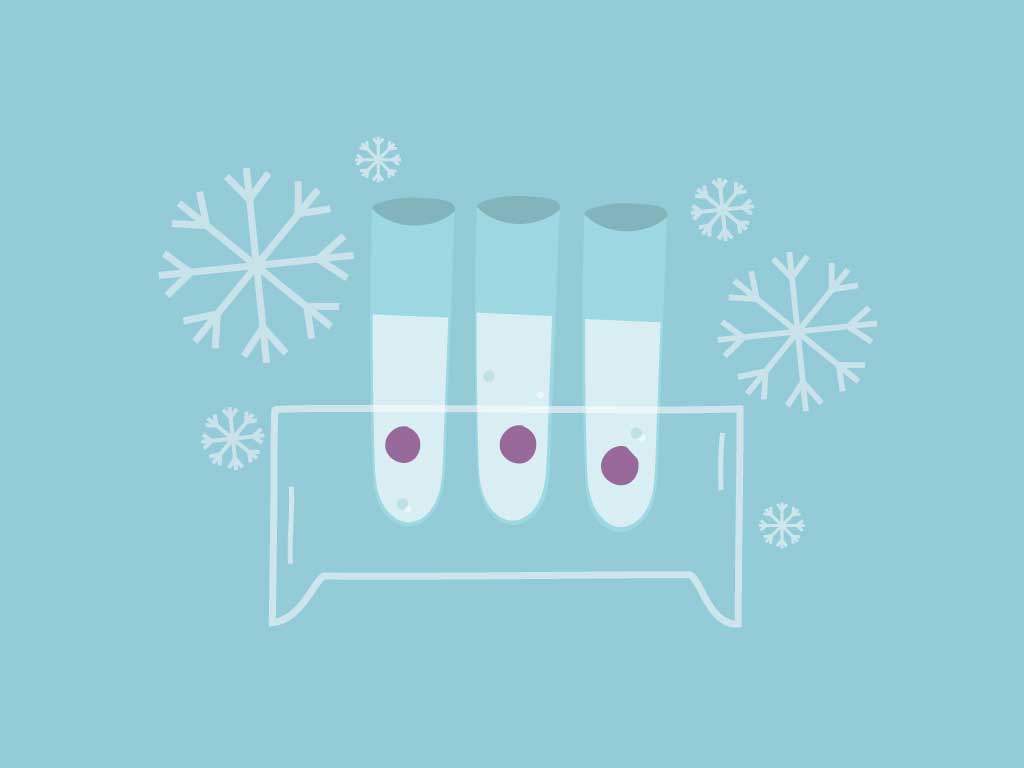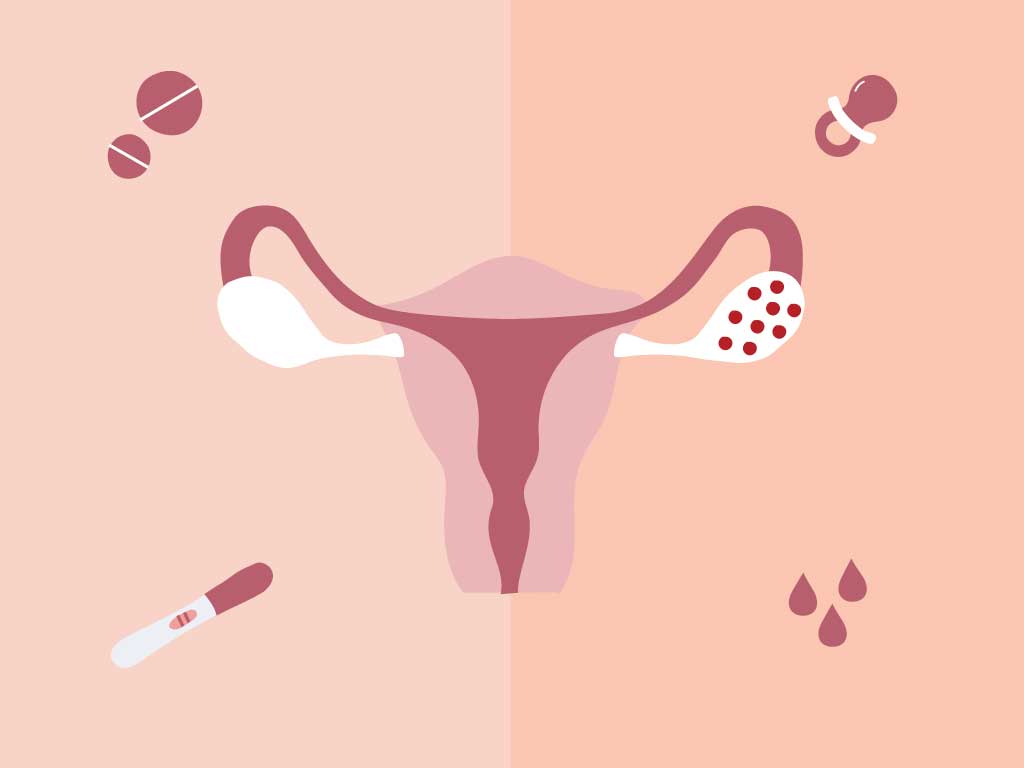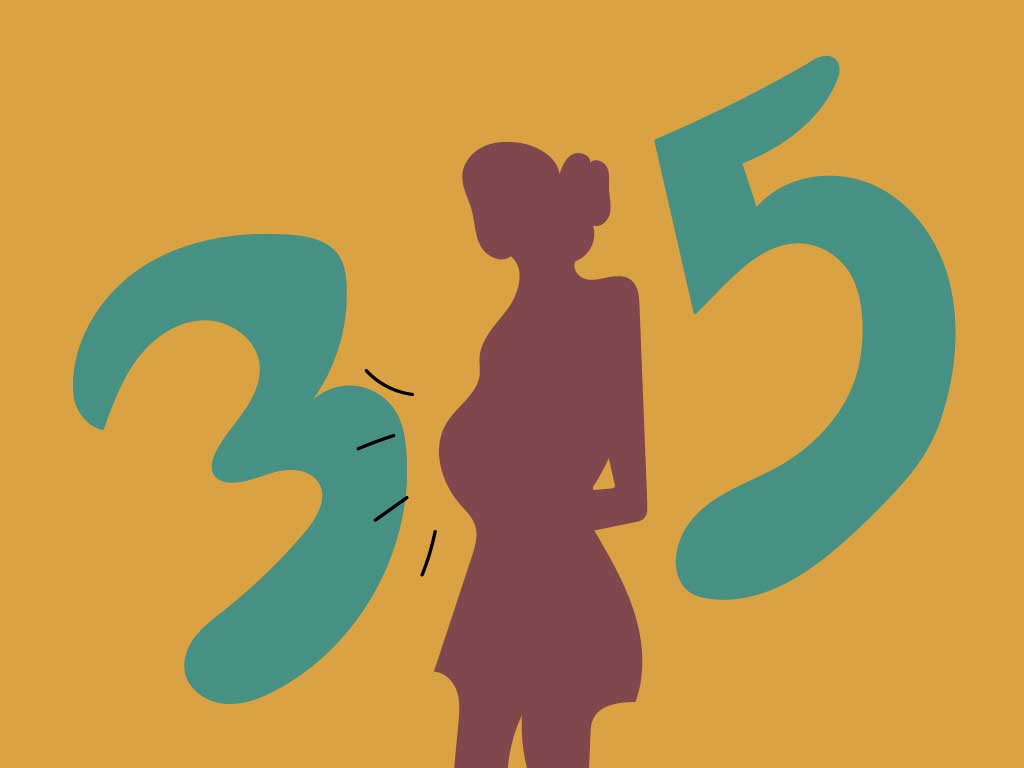How Long Can I Wait Before Getting Pregnant?
February 24, 2020 | Bonné
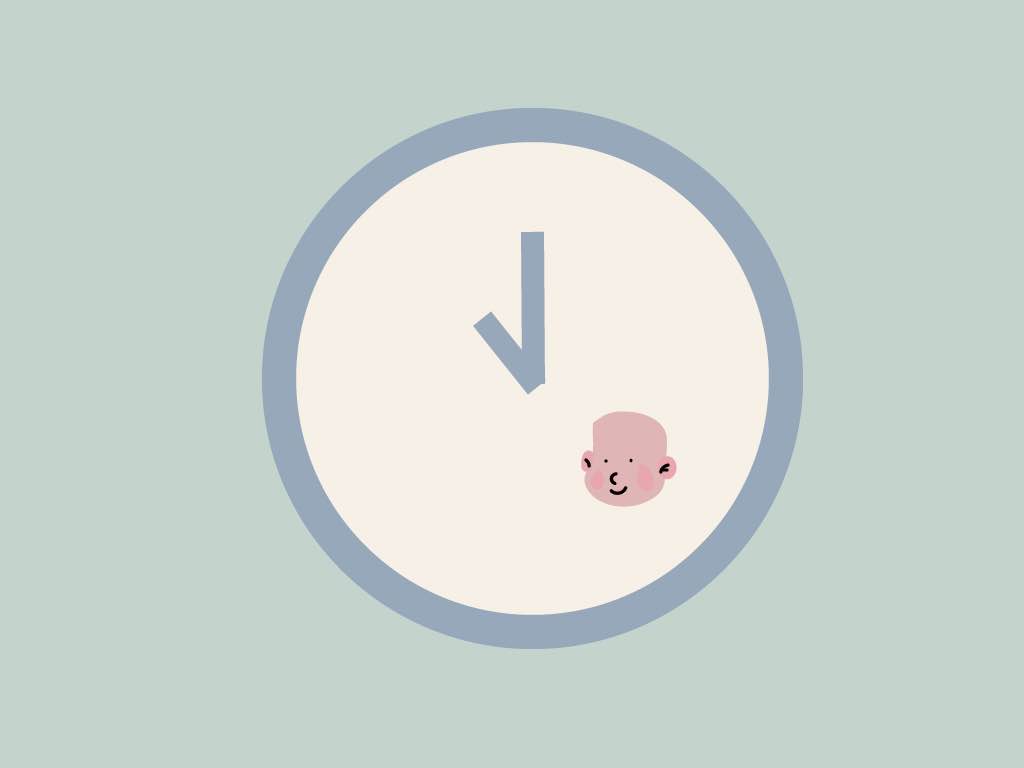
Top Things to Know:
- Many women defer having a baby for a later time in their lives.
- Anxiety and fear of ‘delaying pregnancy’ often plagues women post their 30s.
- Having a normal menstrual cycle doesn’t mean you can conceive easily.
- Women who are over 45 years of age experiencing abnormal length of the menstrual cycle might be inching closer to menopause.
- Fertility hormonal tests like those for FSH, estrogen and progesterone are useful to determine a woman’s fertility.
- Every woman must get fertility hormonal tests done overtime to keep track of her potential to conceive, especially as she is reaching menopause.
- Keeping track of their fertility empowers women to make informed decisions about their lives.
It is not uncommon for you to think about conceiving when you are absolutely ready, but how long you can wait before your changes make it difficult to get pregnant naturally? Are you one of those women who are worried about how long can you actually wait? Well, the hormonal tracking and fertility tests can answer this!
It is also a great idea to keep track of your ovulation as this can help you conceive or avoid pregnancy. It can also make you aware when there are some irregular activities in your cycle.
So if you need to wait before you get pregnant some later time, tracking your hormones and ovulation, and fertility testing will tell you how much longer you can wait. But there are few more things you need to keep close eyes at…
The Importance of FSH while you wait
Of the various fertility hormonal tests, one hormone that is particularly useful to determine how long women can wait before her ability to get pregnant naturally is reduced is the levels of Follicle Stimulating Hormone (FSH). The levels of FSH are particularly high in the first half of the menstrual cycle and the best day to test for this hormone is day 3 of a woman’s cycle. However, constantly high FSH levels indicate reduced egg reserves or poor quality of eggs – this is when your clock starts ticking!
As we saw above, many women in their late 40s are worried about their menopause (meaning that you can’t get pregnant naturally anymore). Due to current lifestyles and living habits, women are hitting menopause earlier than their previous generation. Tracking your hormones over time can help you better understand your menopause timing.
You need estrogen and progesterone to get pregnant
A woman with irregular cycle or reduced duration of periods with high FSH over the age of 51 years can be suspected of hitting menopause. However, this can also occur in women above the age of 40 years these days.[1] Other female reproductive hormones that your ovaries no longer make during menopause are estrogen and progesterone, both of which are needed to conceive. Tracking your hormones over time gives you a clear picture when the hormonal levels begin to dip, thereby indicating that you may be reaching menopause: a phase called ‘peri-menopause’ when you don’t have that long time to wait anymore. Though women can still get pregnant during perimenopause.[2]
Menopause and ‘Peri-Menopause’ will tell how long you can wait to get pregnant
Many women confuse peri-menopause with menopause but in reality, peri-menopause is a phase before menopause that is leading to it. Though FSH levels begin to dip drastically during this phase, the estrogen levels may still be in the normal range. This phase can last for many years before menopause finally sets in. Many women also confuse peri-menopause with Primary Ovarian Insufficiency(POI) and tracking your hormonal levels, apart from the age of the women, will help determine which of the two it is.
Getting a fertility test and tracking hormonal levels over time is useful to all women as it empowers them to make informed decisions about their body, life and when they want to have a baby. It tells a woman how long she has left to wait before getting pregnant and decide if she may consider egg freezing or other fertility treatments. Itit is highly advisable that women get a fertility test done to understand where their chances of conception stand! Track your hormonal levels today using Yesmom Fertility’s test and empower yourself!
[1] Your Guide to Menopause, WebMD Medical Reference, Available from:https://www.webmd.com/menopause/guide/menopause-information#1
[2] Your Guide to Menopause, WebMD Medical Reference, Available from https://www.webmd.com/menopause/guide/menopause-information#2


